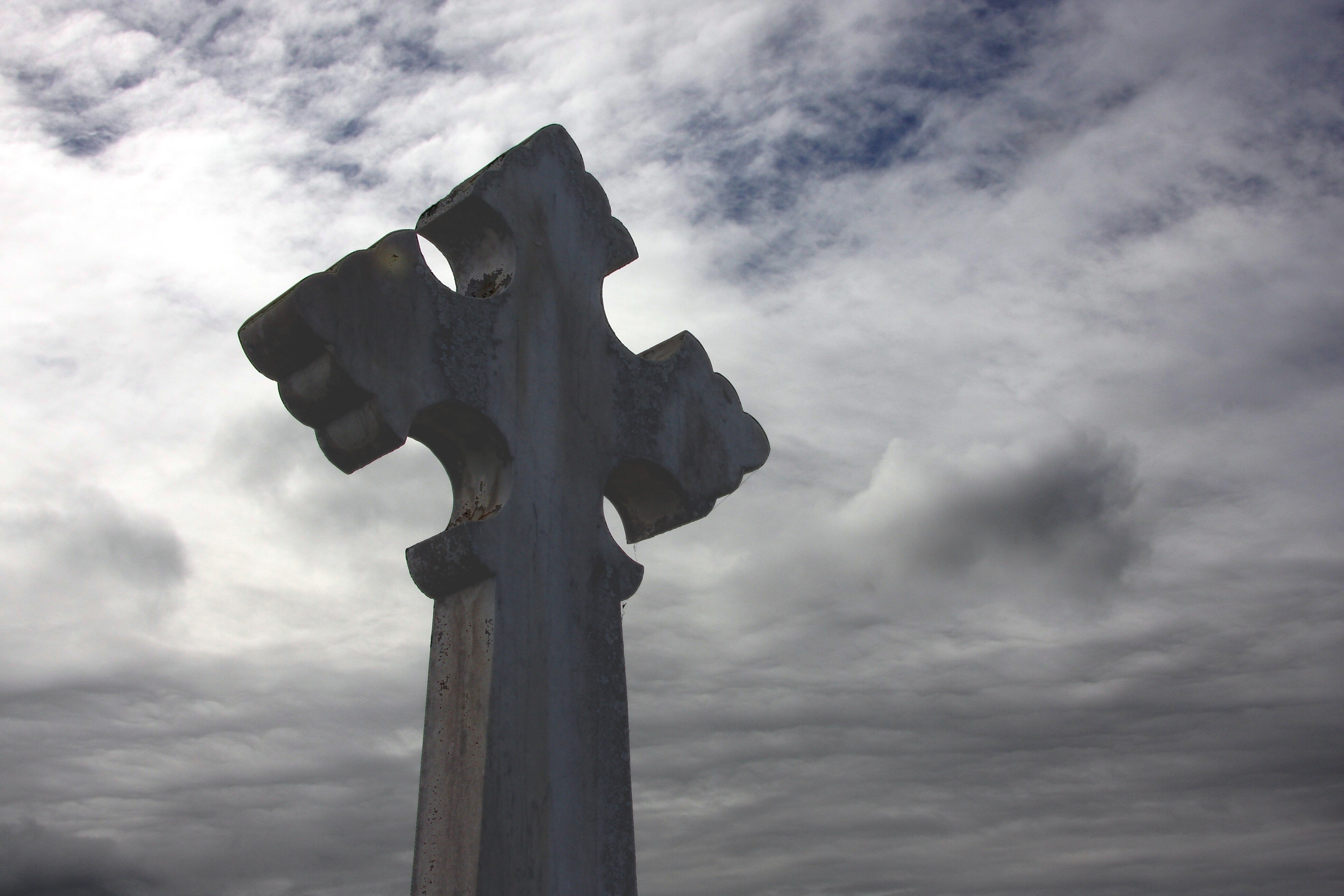Excerpted from the NC Council of Churches Lenten Guide, “Love One Another: Reflections on Race, Power, and Privilege”
Fifth Sunday in Lent —John 12:1-8
Six days before the Passover Jesus came to Bethany, the home of Lazarus, whom he had raised from the dead. There they gave a dinner for him. Martha served, and Lazarus was one of those at the table with him. Mary took a pound of costly perfume made of pure nard, anointed Jesus’ feet, and wiped them with her hair. The house was filled with the fragrance of the perfume. But Judas Iscariot, one of his disciples (the one who was about to betray him), said, “Why was this perfume not sold for three hundred denarii and the money given to the poor?” (He said this not because he cared about the poor, but because he was a thief; he kept the common purse and used to steal what was put into it.) Jesus said, “Leave her alone. She bought it so that she might keep it for the day of my burial. You always have the poor with you, but you do not always have me.”
__________________________________________________________________________________
During this fifth week of Lent we are called to do an evaluation of our conscience and examine whether we are conscientious of the impact of our actions and inactions.
Jesus in John 12:1-8 has just resurrected Lazarus and is dining at his home with his siblings when Judas of Iscariot criticizes Martha for using expensive oils to anoint his feet rather than selling it to give it in charity to the poor. At first, one might be taken aback as to why Judas’ action would be of a reprehensible nature because he was suggesting doing a good deed. However, a good deed loses all of its essence if the motive which inspires it is selfish. As it turns out he wanted to cash out the money from the oil and keep it to himself. Technically Judas is poor so it could count as charity, but with that logic we can justify all of our misdeeds. In our days, where everything is capitalized, we often don’t see past the exchange of dollar bills. When we pay for our electric utilities, there’s a disconnect between the consumer and production of the consumed good. We often disregard the burden laid on other members of society because we feel that we’ve done our due diligence by paying for a service or thrown a dollar or two in some charity box that month.
The Pope has asked us to consider the other with whom we share this common Earth and to be aware about how our actions impact them directly and indirectly. When we power our heater during the winter months, trains of coal are lugged to power plants generally situated in remote, but still populated rural areas inhabited by individuals of low income. Once combusted, clouds of smoke darken the sky and contaminate the oxygen source of nearby residents. These residents are often people of color who are too poor to contemplate moving elsewhere. For those who have the means to do so, the value of their properties are diminished because of the proximity to the coal-fired power plant. Not only has their neighborhood value progressively decreased, their health is negatively impacted by the pollution and they reap no benefits. The scarce few who actually work at the power plant earn a meager income. No matter how we do the checks and balances, these children of God end up losing more than they gain, and our impact from heating our own house affects their lives directly.
So we can give ourselves a pat when we donate or volunteer to help others. Or we can act has the Pope has called on us to care for our common home to ensure the livelihood of all who inhabit it.
Prayer: God of love, show us our place in this world as channels of your love for all the creatures of this earth for not one of them is forgotten in your sight. Enlighten those who possess power and money that they may avoid the sin of indifference, that they may love the common good, advance the weak, and care for this world in which we live. The poor and the earth are crying out. O Lord, seize us with your power and light, help us to protect all life, to prepare for a better future, for the coming of your Kingdom of justice, peace, love and beauty. Praise be to you! — From the Papal Encyclical on Care of Creation ~Susannah Tuttle and Sandrine Charles

